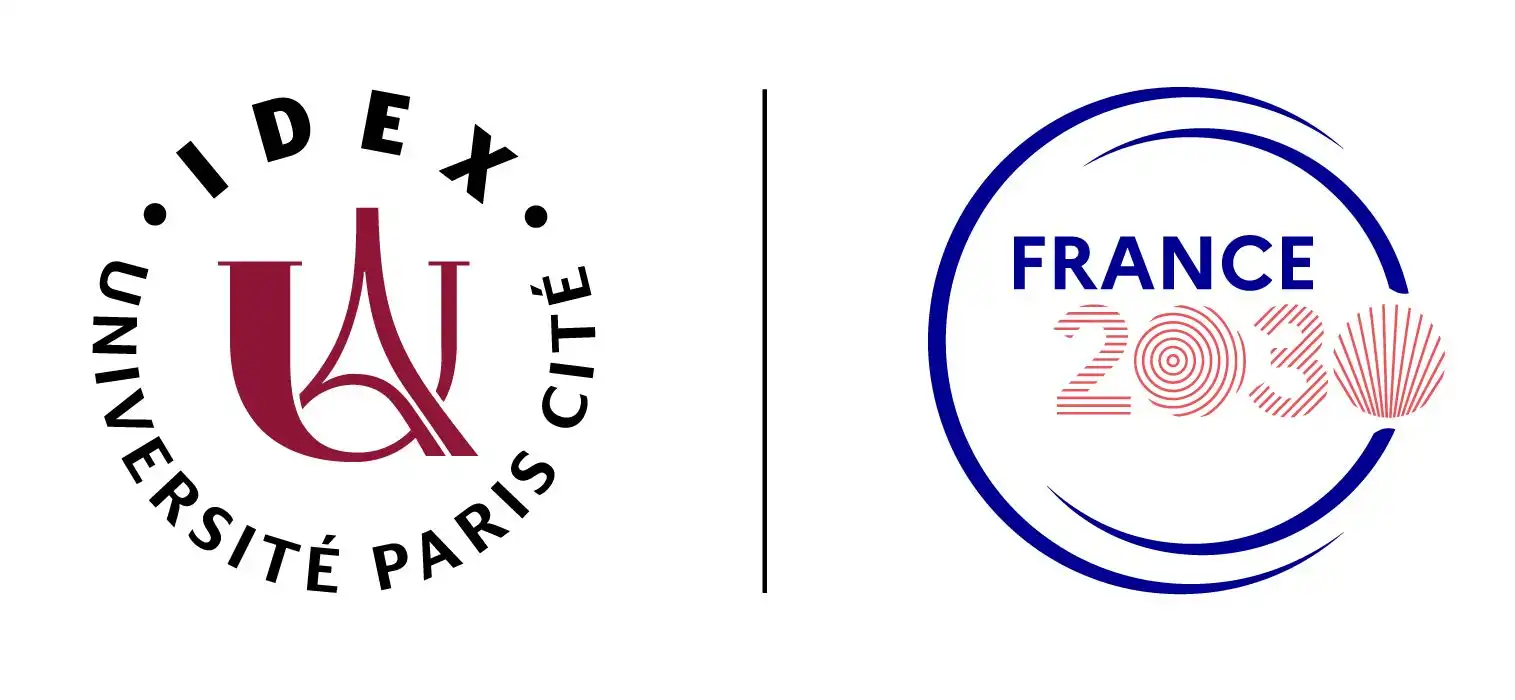
Home>Research>Project>Parenting and Inequalities in Early Child development: Experimental evidence (PIECE )
Parenting and Inequalities in Early Child development: Experimental evidence (PIECE )
Research team:
- Carlo Barone, CRIS, LIEPP, Sciences Po
- Alex de Carvalho, LaPsyDÉ, Université Paris Cité
- Laudine Carbuccia, PhD student at the CRIS, LIEPP, Sciences Po
Abstract
This study develops an RCT (randomized controlled trial) to test a parenting intervention aimed at promoting the language development of young children aged between 6 months and 2 years old of low-SES parents. This study provides two major innovations. First, it improves over previous similar interventions, which delivered information on effective parenting practices to parents assuming that such information would be sufficient to modify their behavior. Most previous RCTs testing these parenting interventions have reported null or small effects on language development. We argue that this is because these interventions largely neglected the role of parental stress, present orientations (i.e. the tendency to give excessive weight to immediate payoffs compared to more distant payoffs) and default biases, that is, previous interventions largely neglected behavioral barriers inhibiting receptiveness to information on effective parenting among socially disadvantaged families. Relying on a partnership with the NGO ‘1001 mots’ (see e.g., http://1001mots.org), this study assesses the efficacy of a novel intervention methodology integrating a behavioral framework boosting a focused set of parenting practices by enhancing parental motivation and self-efficacy, and by providing personalized support and feedback to parents, helping them to deal with behavioral barriers and stress factors. We argue that this novel intervention methodology might offer a more effective way to modify parenting practices.
Second, we introduce a methodological innovation over most previous studies, which were based on self-reported measures of parenting practices typically derived from survey questionnaires. Survey questionnaires administered to parents are known to be plagued by social desirability bias, that is, parents tend to overstate their engagement in skill-enhancing activities with their kids. We introduce a novel measurement design that integrates parental questionnaires with recordings of parent-child conversations at home. This new design makes three key contributions: a) relying on a methodology developed in the context of the IDEE project (https://www.idee-education.org), we test a new recording protocol presenting a high degree of social acceptability for families and low intrusiveness; b) thanks to a partnership with the research team of A. Cristia (ENS / PSL Paris), we use a recently developed software called ALICE (Rasanen et al. 2019) to produce indicators of parental language stimulation and child speech; c) we complement these automated indicators with a set of manually-coded indicators of more qualitative dimensions of the linguistic input children are actually receiving in their everyday lives (e.g.,parental warmth and responsiveness) relying on a methodology developed by the NEPS team (Blossfeld et al. 2019). To the best of our knowledge, this is the first study complementing parental questionnaires with both automated and qualitative indicators derived from direct observations, thus providing a far richer analysis of parenting practices and of language stimulation in young children.

